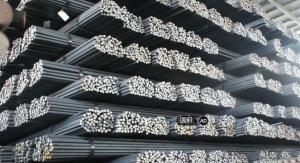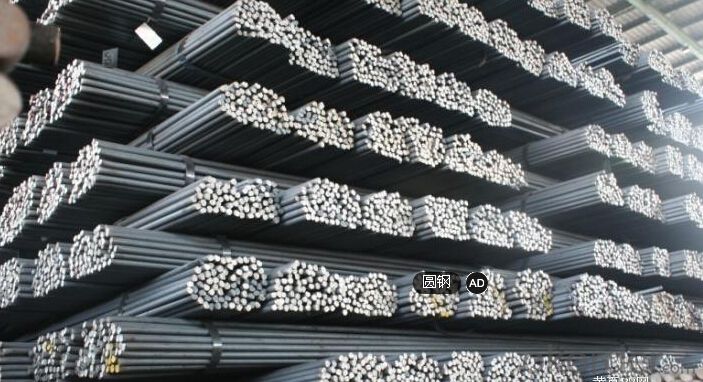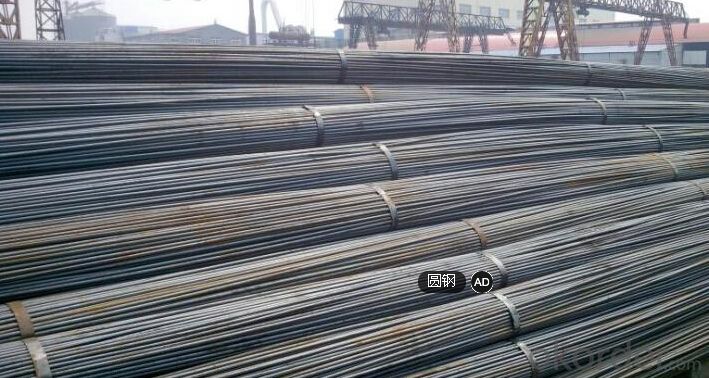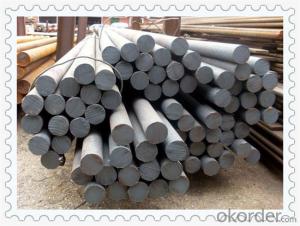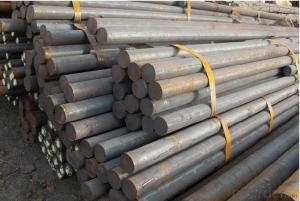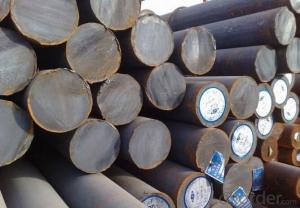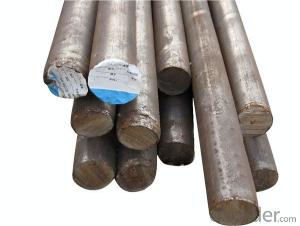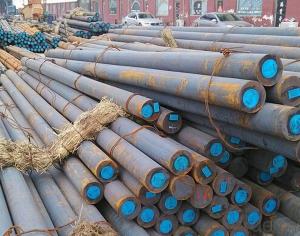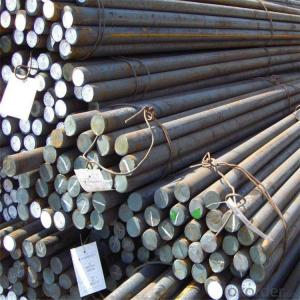AISI 1018 1020 1022 1025 Cold Rolled Steel Bars
- Loading Port:
- Qingdao
- Payment Terms:
- TT OR LC
- Min Order Qty:
- 5 m.t.
- Supply Capability:
- 100000 m.t./month
OKorder Service Pledge
Quality Product, Order Online Tracking, Timely Delivery
OKorder Financial Service
Credit Rating, Credit Services, Credit Purchasing
You Might Also Like
Specification
Type:
Stainless Steel,Deformed Steel,Gear Steel,Bearing Steel,Spring Steel,Alloy Steel,Carbon Steel
Shape:
Steel Flat Bar,Steel Square Bar,Steel Sheet,Steel Coil,Steel Billets,Steel Round Bar,Steel Angle,Steel Wire Rod
Technique:
ERW,Cold Drawn,Cold Rolled,Hot Rolled,Spring,EFW,Extruded,Saw,Forged
Surface Treatment:
PVDF Coated,Black,Bright,Polished,Chromed Passivation,Dry,Oiled,Color Coated,Copper Coated,Coated,Galvanized
Certification:
IBR,RoHS,CE,API,BSI,UL,BV,SGS,ISO
Thickness:
3-400mm
Width:
3-400mm
Length:
1-6m
Outer Diameter:
3-400mm
Net Weight:
100kg
Packaging:
seaworthy packaging
AISI 1018 1020 1022 1025 Cold Rolled Steel Bars
Detailed Information of AISI 1018 1020 1022 1025 Cold Rolled Steel Bars
| Name | Steel Round Bar |
| Shape | Round Bar/Square Bar/Flat Bar/Plate/Wire |
| Standard | GB/ASTM/SAE/AISI/DIN/JIS/EN/BS |
| Surface Treatment: | Black/Peeling/Polished/Machined |
| Delivery Condition: | Hot Rolled or Forged/Peeled or Black Surface |
| Test | SGS/UT 100% Elements Testing |
| Certificate: | ISO/Mill Certificate |
| Service: | 24 hours online service / |
| more than 20 years trading and manufacture | |
| Quality Assurance: | the third party inspection, such as SGS, BV, TUV…etc. is acceptable |
| Packaging Details: | Seaworthy Packaging or as per customer's packing instruction |
Product Overviews of AISI 1018 1020 1022 1025 Cold Rolled Steel Bars
| Product Name | Typical Grades | Diameter(mm) | Standard Adopted |
| Carbon Steel | 20 (1020/S20C/C22) | ||
| 40 (1040/S40C/C40) | Ø16-Ø300 | ||
| 45 (1045/S45C/C45) | |||
| Bearing Steel | GCr9 (51100/SUJ1) | ||
| GCr15 (52100/SUJ2/100Gr6) | Ø12-Ø250 | ||
| GCr9SiMn (A485-Gr.1/SUJ3) | GB/SAE/ | ||
| Cr-Mo Steel | 20Cr (5120/SCr420H/20Cr4) | JIS/DIN | |
| 40Cr (5140/SCr440/41Cr4) | Ø12-Ø250 | ||
| 42CrMo(4140/SCM440/42CrMo4) | |||
| Gear Steel | 20CrNiMo | ||
| 20CrMn(5115/SMnC420/20MnCr5) | Ø16-Ø600 | ||
| 20CrNiMo(8620/SNCM220/20CrMiMo2) |
Company Introduction of AISI 1018 1020 1022 1025 Cold Rolled Steel Bars
CNBM International Corporation is the most import and export platform of CNBM group(China National Building Material Group Corporation) ,which is a state-owned enterprise, ranked in 270th of Fortune Global 500 in 2015.
With its advantages, CNBM International are mainly concentrate on Cement, Glass, Iron and Steel, Ceramics industries and devotes herself for supplying high quality series of refractories as well as technical consultancies and logistics solution.
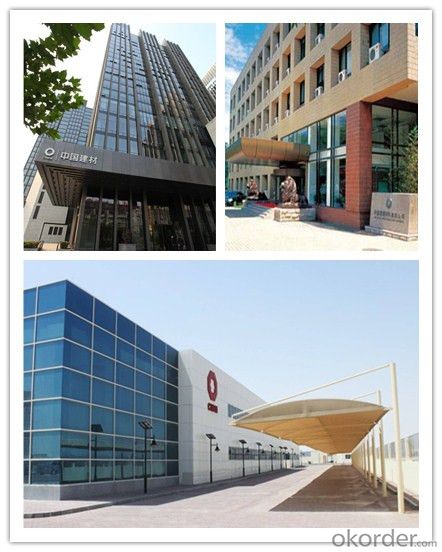
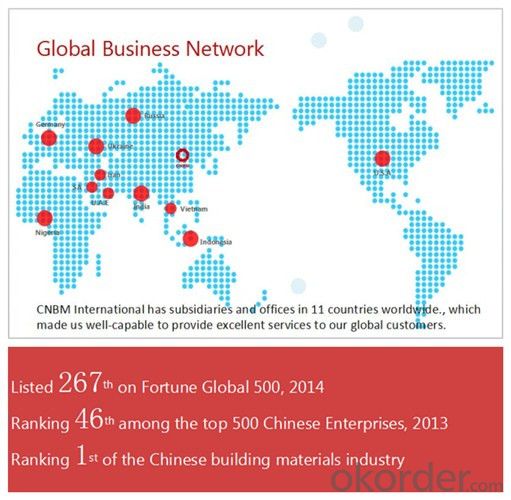
| After-sale service | l CNBM provides the services and support you need for every step of our cooperation. We’re the business partners you can trust; you can relax and get on with doing business. |
| l For any problem, please kindly contact us at any your convenient time, we’ll reply you in our first priority within 24 hours | |
| Advantages | l Industry experience over 20 years. |
| l Shipment of goods -More than 70 countries worldwide. | |
| l The most convenient transport and prompt delivery. | |
| l Competitive price with best service. | |
| l High technical production line with top quality products. | |
| l High reputation based on best quality products. | |
Packaging & Delivery of AISI 1018 1020 1022 1025 Cold Rolled Steel Bars
| Packaging Detail | Sea worthy packing /as per customer's packing instruction |
| Delivery Detail | 15 ~ 40 days after receiving the deposit |
Products Show
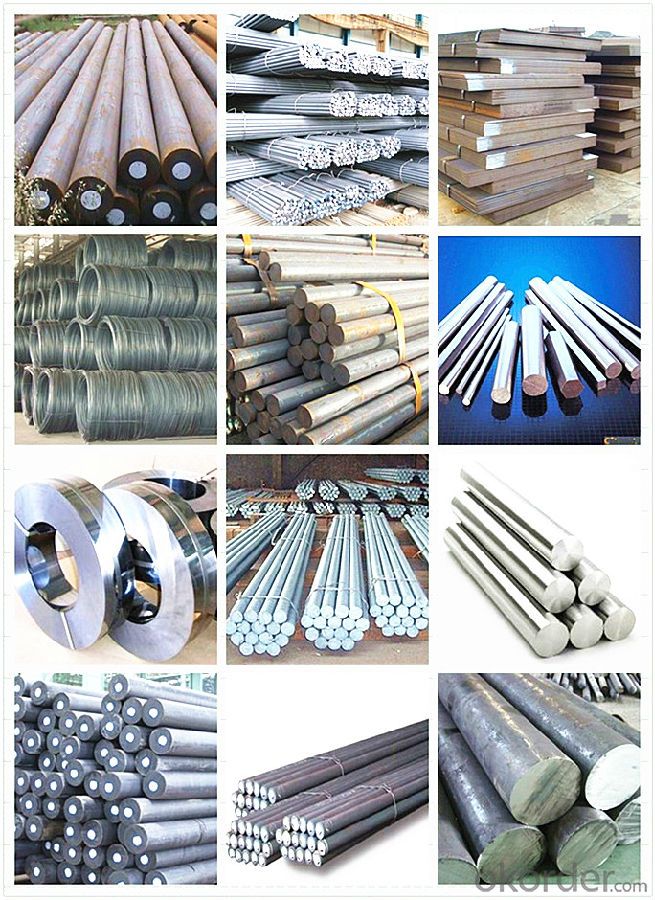
FAQ:
| Are you a trading company or manufacturer? | Manufacturer |
| What’s the MOQ? | 1000m2 |
| What’s your delivery time? | 15-20 days after downpayment received |
| Do you Accept OEM service? | Yes |
| what’s your delivery terms? | FOB/CFR/CIF |
| What's the Payment Terms? | 30% as deposit,70% before shipment by T/T |
| Western Union acceptable for small amount. | |
| L/C acceptable for large amount. | |
| Scrow ,Paybal,Alipay are also ok | |
| Why choose us? | Chose happens because of quality, then price, We can give you both. Additionally, we can also offer professional products inquiry, products knowledge train (for agents), smooth goods delivery, excellent customer solution proposals. |
| What's your available port of Shipment? | Main Port, China |
| What’s your featured services? | Our service formula: good quality+ good price+ good service=customer's trust |
| Where are your Market? | Covering more than 160 countries in the world |
- Q: What are the specific requirements for special steel used in the defense armor industry?
- The defense armor industry requires special steel to meet specific requirements: 1. Exceptional strength is necessary for defense armor to withstand the impact of projectiles and explosives and resist deformation and penetration under extreme conditions. 2. High hardness is essential to provide resistance against cutting, drilling, or other forms of mechanical damage, ensuring the armor can withstand attacks and prevent penetration. 3. Toughness is important for special steel to absorb and dissipate energy generated from impacts, minimizing damage caused by projectiles and explosions. 4. Excellent ballistic resistance is crucial for the steel to effectively stop or deflect projectiles, distributing impact energy over a larger area and reducing the likelihood of penetration. 5. High corrosion resistance is required to ensure the longevity and effectiveness of defense armor, which is exposed to moisture and chemicals. 6. Easy weldability allows for the construction, repair, or modification of complex armor structures as per specific requirements. 7. Heat resistance is necessary for special steel to maintain its structural integrity and protective capabilities under high temperatures generated from explosions or intense fire. 8. Lightweight properties are important to ensure ease of mobility for soldiers and vehicles, without hindering movement or imposing excessive weight burdens. Meeting these requirements is crucial for defense armor to effectively protect military personnel and assets with reliability and effectiveness.
- Q: What are the international standards for special steel?
- The international standards for special steel are a set of guidelines and specifications that ensure the quality, performance, and safety of special steel products worldwide. These standards cover various aspects such as chemical composition, mechanical properties, heat treatment, and testing methods. Examples of international standards for special steel include ISO 4957 for tool steels, ASTM A681 for high-carbon and alloy tool steels, and EN 10083 for quenched and tempered steels. Compliance with these standards helps manufacturers, suppliers, and users to meet global requirements and maintain consistency in the production and use of special steel.
- Q: What are the main environmental impacts of special steel production?
- The main environmental impacts of special steel production include emissions of carbon dioxide (CO2) and other greenhouse gases, energy consumption, deforestation (for charcoal used in the production process), water pollution (from the disposal of waste materials and chemicals), and habitat destruction due to mining activities. Additionally, the extraction and processing of raw materials for special steel production, such as iron ore and coal, can contribute to land degradation and ecosystem disruption.
- Q: What are the environmental impacts of manufacturing special steel?
- Manufacturing special steel has significant environmental impacts due to its energy-intensive production process and the extraction of raw materials. The production of special steel requires high temperatures and uses large amounts of fossil fuel-based energy, resulting in substantial greenhouse gas emissions contributing to climate change. Additionally, the extraction of iron ore and other raw materials for steel production can lead to deforestation, habitat destruction, and water pollution. The disposal of steel waste and byproducts also poses challenges, as it can contaminate soil and water sources. Therefore, the environmental impacts of manufacturing special steel must be carefully managed and mitigated through sustainable practices and technologies.
- Q: How does special steel contribute to the longevity of products?
- Special steel contributes to the longevity of products in several ways. Firstly, special steel is known for its exceptional strength and durability. It is specifically engineered to withstand extreme conditions, such as high temperatures, pressure, and corrosive environments. This makes it ideal for use in various industries, including aerospace, automotive, and construction. The high strength of special steel allows products to withstand heavy loads and resist deformation, ensuring they remain intact and functional for an extended period. For instance, in the construction industry, special steel is commonly used in structural components like beams and columns, which provide the necessary support and stability to buildings over many years. Moreover, special steel has excellent resistance to wear and abrasion. It can withstand constant friction, impact, and contact with other materials without significant deterioration. This characteristic is crucial in industries where products are subject to continuous use, such as machinery, tools, and equipment. The use of special steel in these applications ensures that the products remain in good working condition for a longer time, reducing the need for frequent repairs or replacements. Furthermore, special steel has exceptional corrosion resistance, making it highly resistant to rust and other forms of corrosion. This property is particularly beneficial in products exposed to harsh environments or chemicals, such as marine vessels, pipelines, and chemical processing equipment. By using special steel, manufacturers can significantly extend the lifespan of these products, minimizing the risk of failure or breakdown due to corrosion. In summary, special steel contributes to the longevity of products by providing superior strength, durability, wear resistance, and corrosion resistance. Its exceptional properties allow products to withstand harsh conditions, heavy loads, and continuous use, ensuring they remain functional and reliable for an extended period. By incorporating special steel into their designs, manufacturers can significantly enhance the lifespan of their products, leading to cost savings, improved reliability, and customer satisfaction.
- Q: What are the main applications of special steel in the telecommunications sector?
- Special steel is widely used in the telecommunications sector for various applications. One of the main uses is in the manufacturing of transmission towers and antennas, where high strength and corrosion resistance properties are crucial for ensuring stability and durability. Special steel is also utilized in the production of cables and wires, providing excellent conductivity and resistance to wear and tear. Additionally, special steel is employed in the fabrication of satellite communication equipment, providing the necessary strength and resilience to withstand harsh environmental conditions. Overall, special steel plays a vital role in the telecommunications sector by enabling the construction of reliable and high-performance infrastructure.
- Q: What are the main advantages of using special steel in the mining industry?
- The main advantages of using special steel in the mining industry are its high strength and durability, which make it capable of withstanding the harsh conditions and heavy loads associated with mining operations. Special steel also offers excellent resistance to corrosion, abrasion, and impact, ensuring a longer lifespan for mining equipment and reducing maintenance costs. Additionally, special steel's superior heat resistance and toughness make it suitable for high-temperature applications, such as smelting and refining processes.
- Q: Can special steel be used in the recycling industry?
- Yes, special steel can be used in the recycling industry. Special steel, which is highly durable and resistant to corrosion, can be recycled and reused in various applications. It can be melted down and reprocessed to create new steel products, reducing the need for raw materials and minimizing waste in the recycling industry.
- Q: Can special steel be used in cryogenic applications?
- Yes, special steel can be used in cryogenic applications. Special steels, such as austenitic stainless steels like 304 or 316, are commonly used in cryogenic applications due to their excellent mechanical properties and resistance to low temperatures. These steels are able to maintain their strength, toughness, and ductility even at extremely low temperatures, making them suitable for use in cryogenic environments. Additionally, special steels can also exhibit good resistance to corrosion and thermal expansion, which are important factors to consider in cryogenic applications. Overall, special steel alloys are well-suited for use in cryogenic applications due to their unique combination of properties that enable them to withstand and perform in extremely cold conditions.
- Q: What are the properties of wear-resistant alloy steel?
- Wear-resistant alloy steel possesses properties such as high hardness, toughness, and strength, making it resistant to abrasion, impact, and wear. It also exhibits excellent heat resistance, corrosion resistance, and dimensional stability, allowing it to maintain its integrity even under harsh operating conditions.
Send your message to us
AISI 1018 1020 1022 1025 Cold Rolled Steel Bars
- Loading Port:
- Qingdao
- Payment Terms:
- TT OR LC
- Min Order Qty:
- 5 m.t.
- Supply Capability:
- 100000 m.t./month
OKorder Service Pledge
Quality Product, Order Online Tracking, Timely Delivery
OKorder Financial Service
Credit Rating, Credit Services, Credit Purchasing
Similar products
Hot products
Hot Searches
Related keywords
